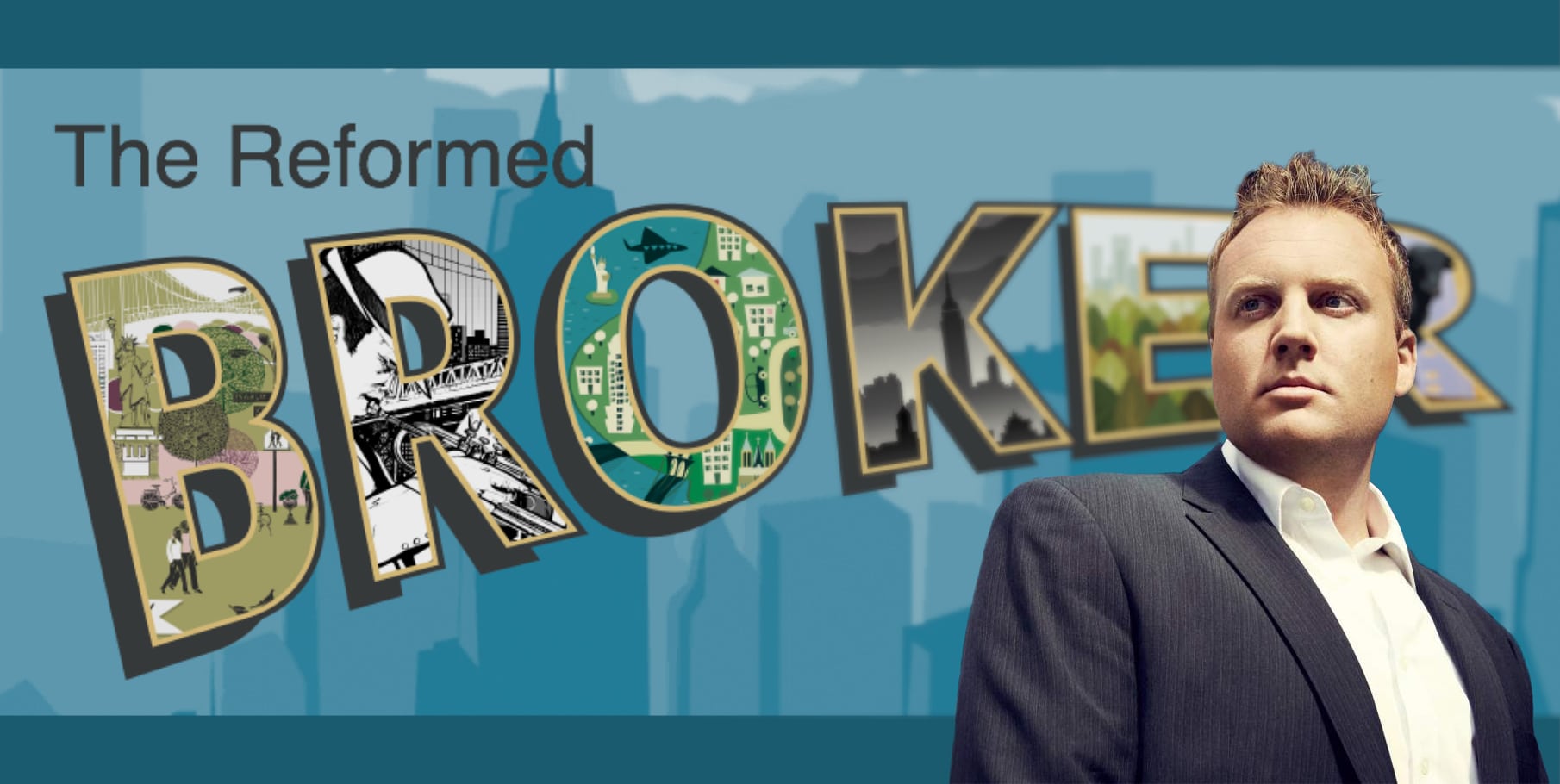
John Authers wrote about the legacy of the recently departed David Swensen of Yale Endowment fame, synthesizing some stuff from Charley Ellis, who’d watched him work for decades. It turns out that Swensen wasn’t just early to the use of alternative investments like hedge funds, he was also a good customer…
The key to hiring the best managers was to be a great client. This isn’t just a question of the prestige of an Ivy League name, or Yale’s ability to put a lot of money away for a long time. Swensen worked hard at it. Being based in New Haven, he was an easy day trip from New York (and even closer to the burgeoning hedge fund center of Greenwich). If someone came and gave him a presentation, they knew they would get an answer within a day or two. If Swensen thought it was a near miss, he would explain exactly what needed to be improved. “You got terrific feedback for the cost of driving to New Haven and back. If it didn’t work out, at least it was a great dress rehearsal, and you hadn’t wasted any time.”
And, of course, this approach helped Swensen ensure that he got first choice of promising managers before they took their wares elsewhere.
I think about this idea a lot in the way we’re building our firm. I am constantly stressing the importance of being selective about which new clients to allow into the firm when I talk with our twenty or so client-facing advisors.
Allowing clients in who have unreasonable expectations, unattainable goals or a negative attitude toward markets and investing in general – that’s going to be a distraction at best and a day-killer at worst. I don’t want any advisor at my firm starting off his or her day on the wrong foot, in conversation with someone who might be a bad fit culturally or unwilling to follow our guidance. That kind of experience can be frustrating enough to have an impact on the next two or three meetings the advisor sits in that day.
By that line of reasoning, we owe it to our good-fit clients to only work with other good-fit clients. This is the only way we can do our best work as financial planners, voices of reason, trusted fiduciaries and wealth management experts. This is a quality-control issue. Anything that threatens the quality of work we do has to be neutralized before it gets into the system. Hence, the gatekeeping and unvarnished honesty in our first conversations with a new prospective customer. Everyone has to agree that there’s a potential fit and that it makes sense to move forward – us and them.
I can picture David Swensen intuitively understanding this when selecting managers, and maybe even asking himself out loud “What can we, the Yale Endowment, do to support this manager we’ve hired?” Sometimes the answer is coaching, sometimes it’s staying out of the way, sometimes demonstrating patience through a rough patch of performance. I feel as though this sort of thing is applicable at all levels, in all businesses. No one is going to do their best work for you while under duress. As clients and customers, we all have the ability to help create the proper conditions for excellence.
Leave a Reply